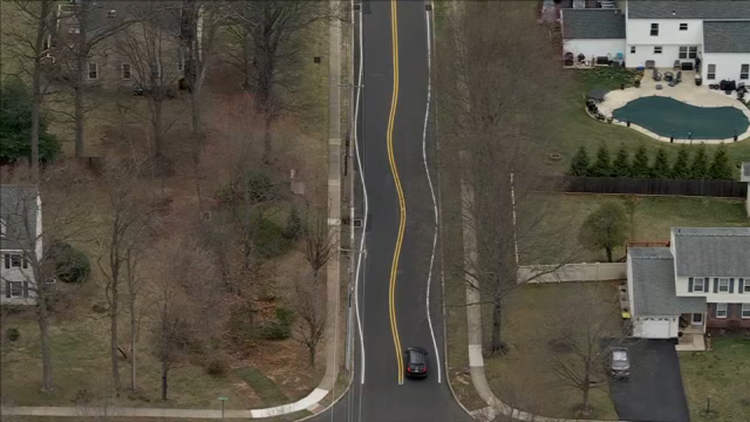23 years ago, nine boys were playing a fun game of tag around the campus of Gonzaga Preparatory School in Spokane, Washington. Fast forward to present day, they’re sill playing the very same game, but with a few exciting twists.
Playing tag is fun when you’re a child, but men in their 40s can’t really chase each other on the playground, screaming “you’re it!” So Bill Akers, Patrick Schultheis, Sean Raftis, Mike Konesky and their other five childhood friends devised a plan to keep playing their game without making people around them nervous. The last time they played the tag in their home town was on the last day of high-school. Joe Tombari remembers that day in 1982 when he plotted to tag a friend that had left school early. Little did he know that his buddy had been tipped off and was waiting for him in his parents’ car with the doors locked. There was no time to tag someone else, so Joe was “it” for life. “The whole thing was quite devastating,” Tombari told the Wall Street Journal. But that wasn’t going to be the last tag session of their lives, not by a long shot…

Photo: Sean Raftis
Eight years had passed when the old friends got together for a reunion. They started reminiscing and someone brought up Joe Tombari’s last attempt to tag his friend. Then they started talking about making their favorite pastime work under current conditions. They were grown men now, had jobs and families, and some had moved to distant cities, so the old rules of tag just weren’t going to cut it. Patrick Schultheis, then a first-year lawyer, drafted a “Tag Participation Agreement,” which stated that the game would be revived every year, only in the month of February, and that no back-tagging (tagging the player who just tagged you) was allowed. They all signed and the game was on. This time, there were no geographical boundaries, so players who were “it” had to travel to their target’s city to tag them, to prevent being ridiculed for the next 11 months.
It’s safe to say this unusual game of tag has spawned some really cool stories and managed to conserve a friendship that would have otherwise fizzled over the years. One time, Mike Konesky, drove to one of his friends house in the dead of night, sneaked in through the garage, stormed in his bedroom, and flipped on the lights. He remembers his buddy’s wife screaming “Run, Brian!”, but there was nowhere for Brian to run. Another time, Joe Tombari and his wife got a knock on the door. “Hey, Joe, you’ve got to check this out. You wouldn’t believe what I just bought,” a friend told them as he led them to his car. As he opened the trunk, Tombari’s old tag partner Sean Raftis, who had flown in from Seattle, jumped out and tagged Joe. His wife was so frightened she fell and tore a ligament in her knee.

During the month of February, some of the friends prefer to leave town in order to avoid getting tagged, while others rarely leave their home and check under their cars before getting in. This year, Sean Raftis, who moved to Montana where he works as a priest is most likely going to get tagged, as most of his friends noticed he is a sitting duck on Sundays. “Once I step foot outside the rectory, all bets are off,” the Raftis admits. “I have to be a little more careful.”






